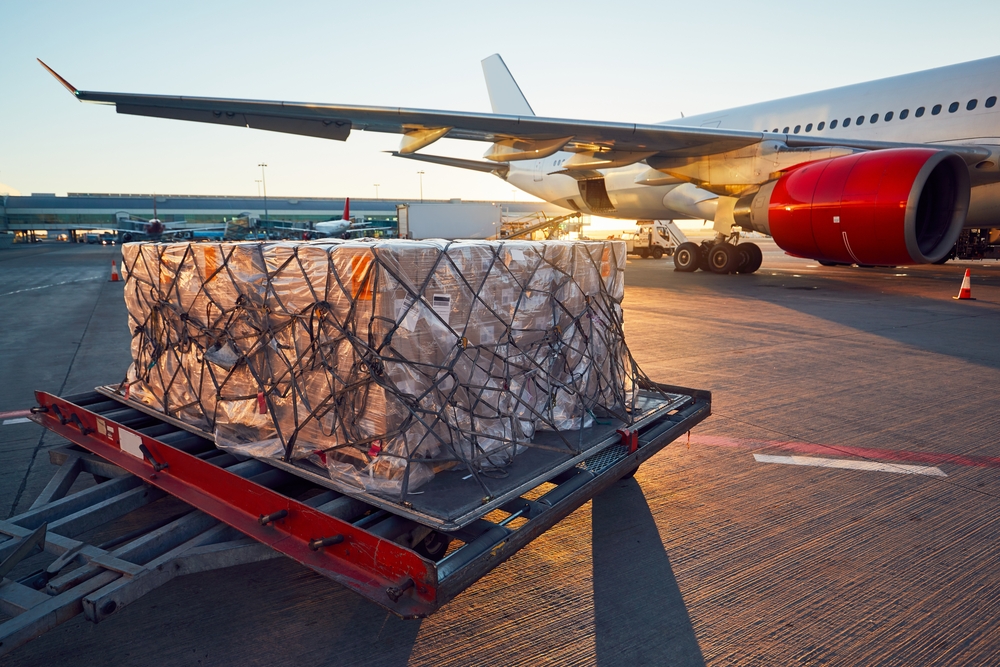
The demand within global air freight markets rose by only 1.7 percent freight tonne kilometers (FTKs) in March compared to last year’s reports, marking the slowest pace of growth in 22 months, according to the International Air Transport Association (IATA).
Additionally, the percent increase was a full 5 percent lower than the pace of growth reported in February. Capacity also fell down to 4.4 percent, but while this marks a tumble in that area, it also marks the first time in 20 months that capacity has outgrown demand.
The reason for this, according to IATA — which represents 280 airlines comprising 83 percent of global air traffic — is the end of what they call the restocking cycle. This is the cycle during which businesses rapidly increase inventory to meet unexpectedly high demand. Lagging global trade isn’t helping matters.
“It’s normal that growth slows at the end of a restocking cycle,” IATA’s Director General and CEO Alexandre de Juniac said. “That clearly has happened. Looking ahead we remain optimistic that air cargo demand will grow by 4-5 percent this year. But there are obviously some headwinds. Oil prices have risen strongly, and economic growth is patchy. The biggest damage could be political. The implementation of protectionist measures would be an own-goal for all involved—especially the US and China.”
In the same period, taken to a region-by-region basis, Africa stood alone in having negative FTKs. While most regions continued to report year-on-year growth declines, Latin America actually saw a 15.5 percent growth compared to the previous year, in part because of recovering performance of the Brazilian economy.